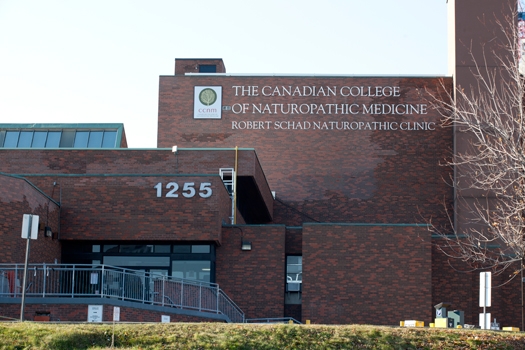
Naturopathic Medicine 101: Care and Cost
Health care: nothing fires up Canadians more than this topic. A recent Abacus Data poll found that it continues to top the list of priorities for Canadians and the cost of providing care continues to be a major concern for those who govern it, especially as Boomers age and make more demands on the system. To keep health care sustainable requires individuals, healthcare providers, and politicians to think outside of the box.
While not the silver bullet of health care, naturopathic medicine can lighten the financial load while providing top quality care to patients outside of the MD’s office or ER, freeing up both more of their time and resources to deal with more pressing medical cases. The proof is in the pudding. A 2011 Innovative Research Survey of Ontarians found that individuals seeing naturopathic doctors reported the following changes in their use of health-care resources:
• 29% reduced their visits to hospitals
• 30% reduced their visits to specialists
• 42% reduced their visits to GPs
• 48% reduced their use of prescription medications
The Canadian College of Naturopathic Medicine (CCNM), established in 1978 and headquartered in Toronto, is Canada’s premier institute for education and research in naturopathic medicine. CCNM offers a rigorous 4-year, fulltime naturopathic medicine program with over 1200 hours of clinical experience. Only open to degree holders with standard pre-medical prerequisite courses and strong GPAs, the first two years provide many of the standard biomedical courses found in MD programs. Highly respected across North America and internationally for the quality of its program and research, approximately 25 per cent of North American naturopathic doctors (NDs) have graduated from CCNM.
The College is a significant healthcare provider in the GTA, hosting over 45,000 patient visits per year in various health centre. CCNM recently opened a teaching clinic within Brampton Civic Hospital, the first such clinic in a North American hospital and in 2011, it opened the Ottawa Integrative Cancer Centre.
Many of the conditions treated by NDs are chronic health concerns. Dr. Bob Bernhardt, PhD, President and CEO of CCNM says that the top ten issues treated by NDs include fatigue (63%), menstrual/hormonal Issues (62%), allergies (41%), depression/insomnia (35%), thyroid (32%), weight/appetite (21%), cholesterol (19%), headaches/ migraines (17%), blood pressure (14%), and fibromyalgia (14%).
He says that many patients are seeking a more natural approach to health and wellness. “Many of our patients suffer from chronic and severe illness and are looking for alternative treatments or want to combine conventional and naturopathic treatments. We work with them to do that.”
Naturopathic medicine is a distinct system of primary health care that addresses the root causes of illness or disease, and promotes wellness and prevention. It supports the body’s own ability to heal using treatments that include lifestyle counseling, clinical nutrition, botanical medicine, physical medicine (such as massage and hydrotherapy), homeopathy, and acupuncture/Asian medicine.
People of all ages and health histories seek naturopathic care. NDs are highly educated primary care providers who integrate standard medical diagnostics with a broad range of natural therapies. They are qualified to treat, most conditions, though some NDs focus in specific areas, such as pediatrics, geriatrics, cancer care, sports medicine, digestive health, or pain management. Led by Dr. Dugald Seely ND, CCNM’s Department of Research is a world leader in advancing understanding of complementary and naturopathic medicine as a viable, sustainable health-care system. CCNM has conducted research on financial as well as health benefits with Canada Post and the Canadian Union of Postal Workers. Ground-breaking studies on cardiovascular risk reduction, chronic pain and anxiety with Canada Post workers resulted in evidence of significant clinical benefit based on randomized pragmatic trials.
In one study, reported in the Canadian Medical Association Journal, the risk of cardiovascular disease among postal workers significantly decreased through the inclusion of naturopathic care. A companion study determined that the health-care improvements produced an immediate annual economic benefit of $1,138 per treated individual for society, and $1,187 for the employer. With the potential for cost savings in addition to the improved health of patients, CCNM is poised to have an enormous positive impact on advancing the future of health care in Canada.








